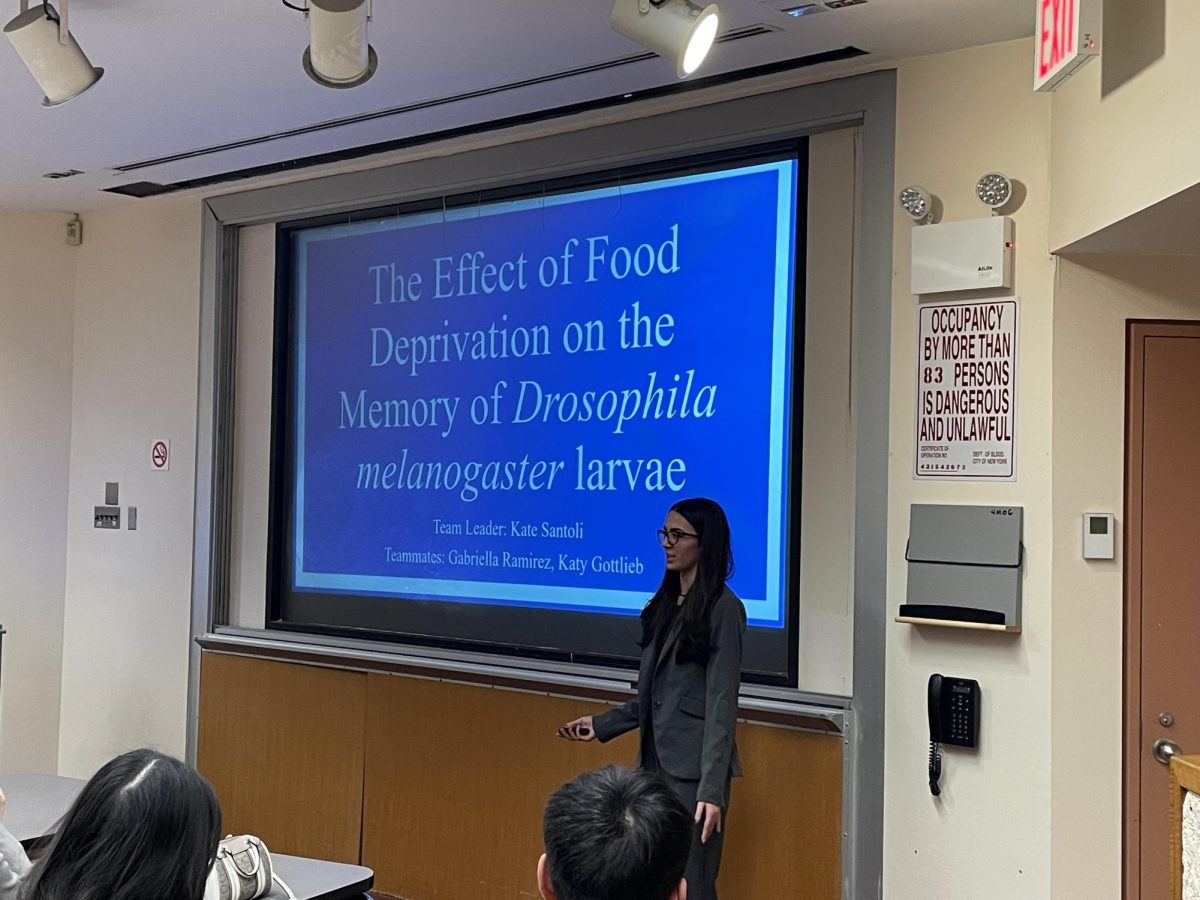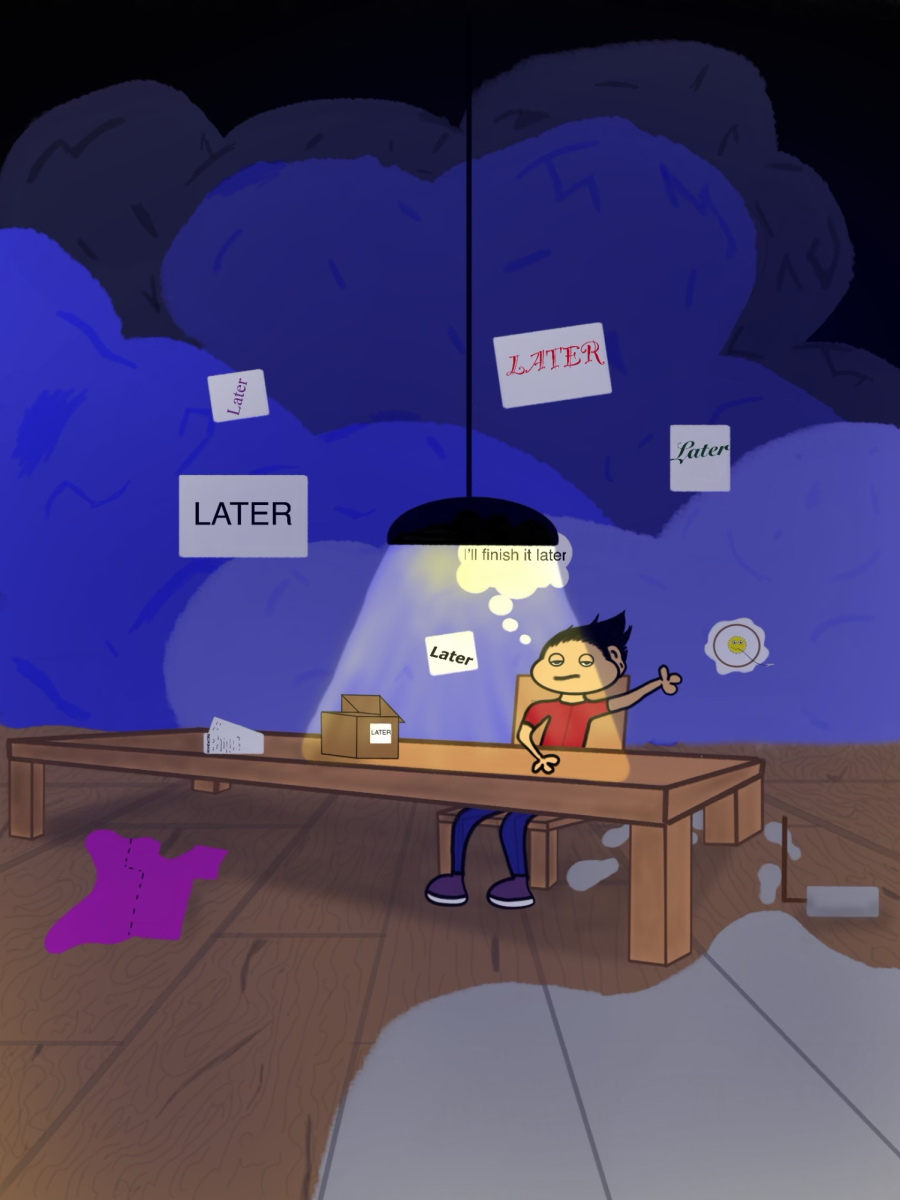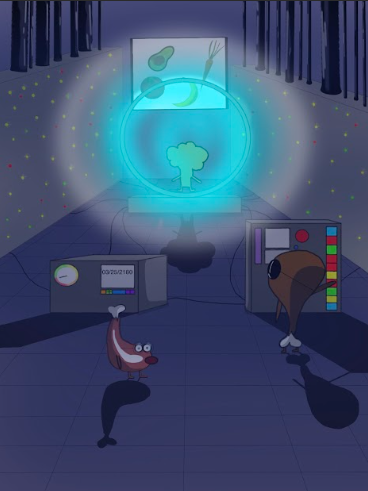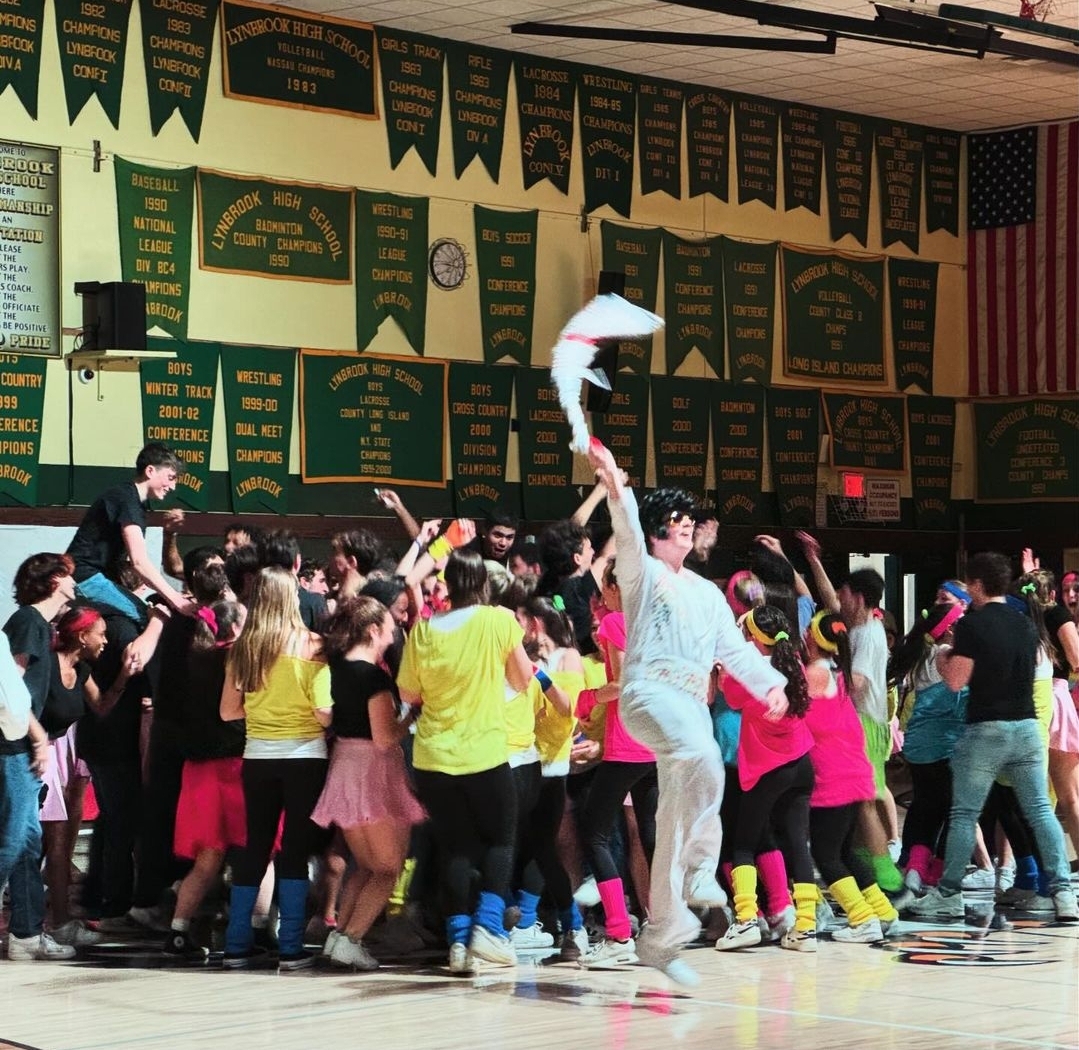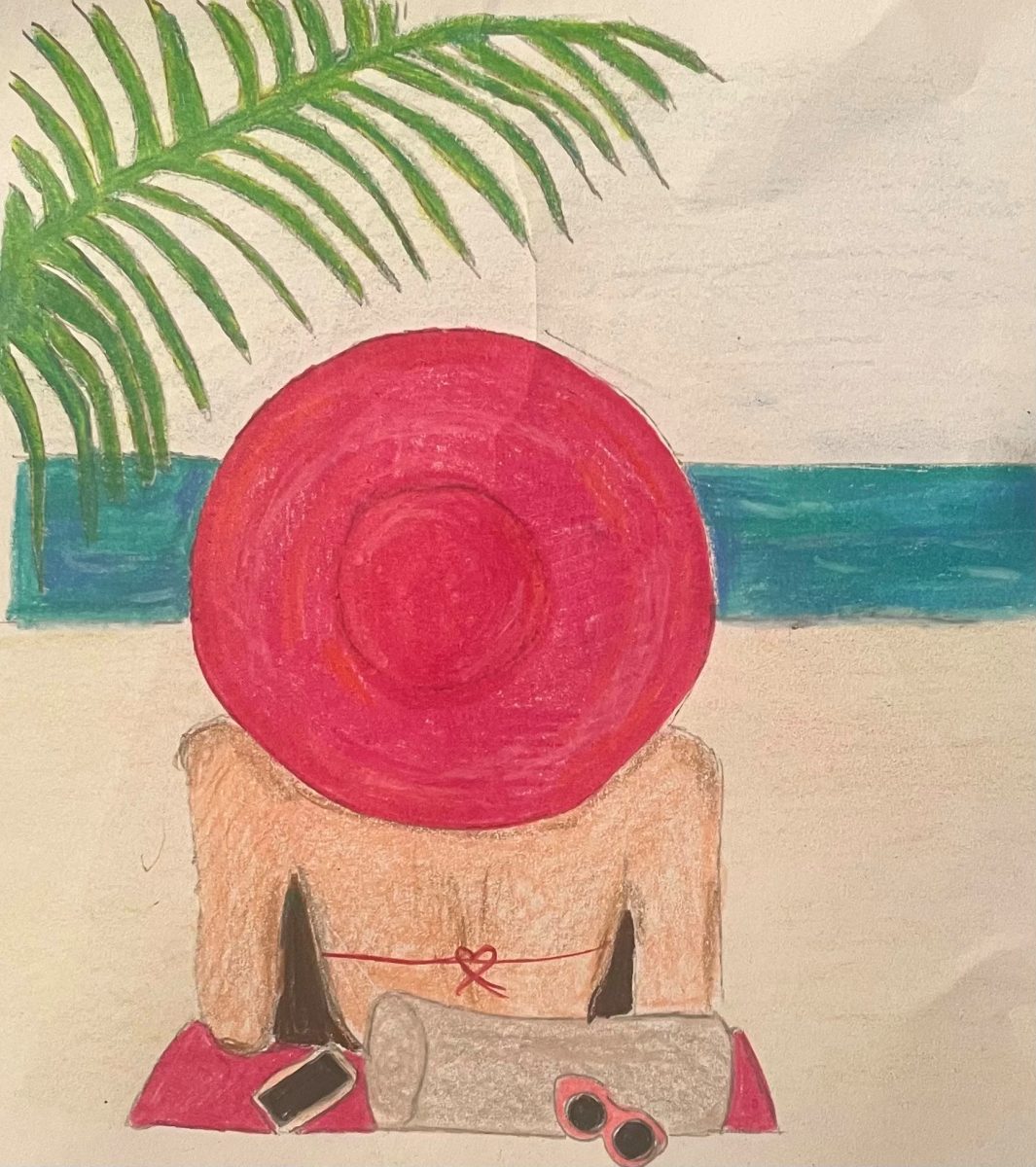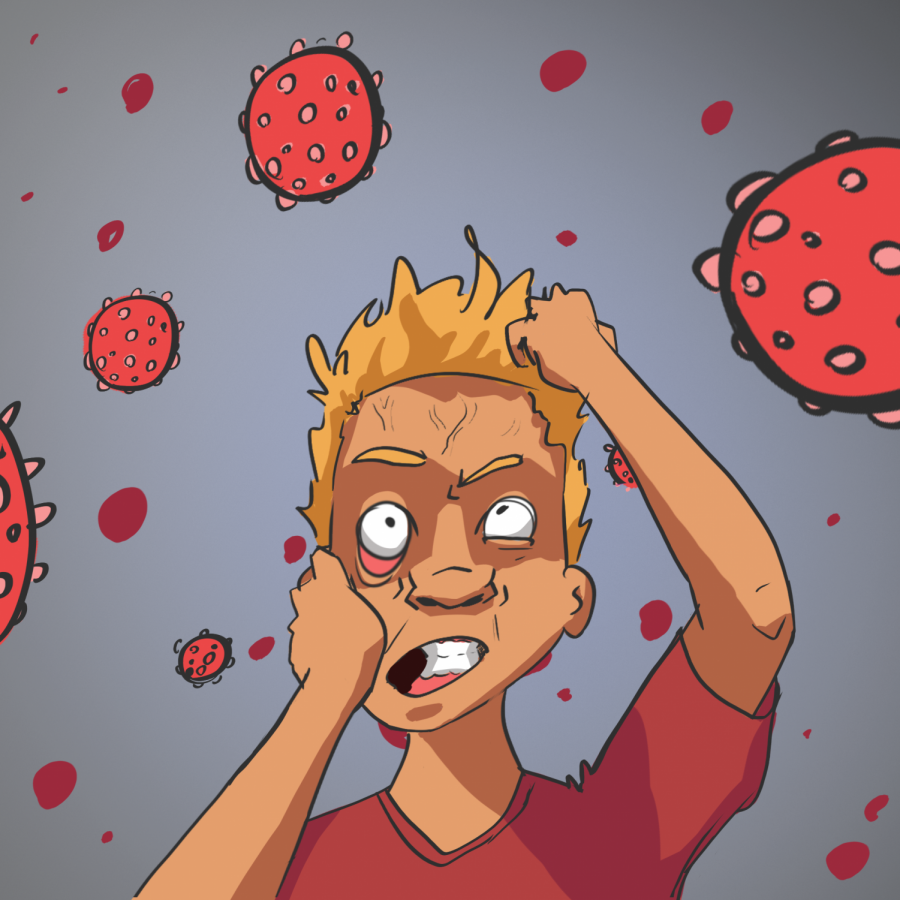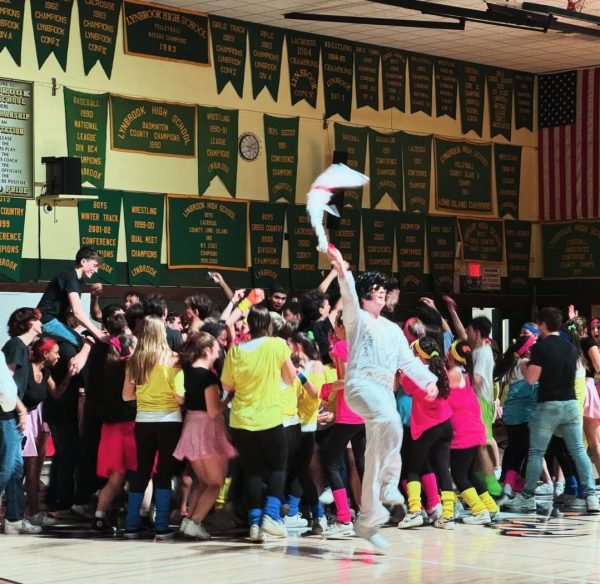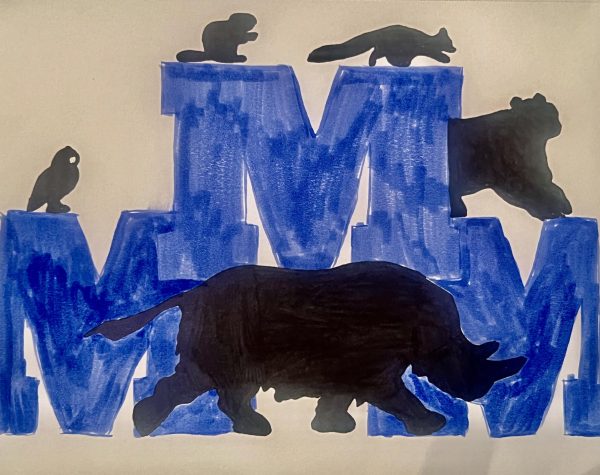The Coronavirus and Mental Health
A boy who is seemingly losing his mind, as many people are, in the midst of coronavirus.
The immense change brought upon the world by the coronavirus pandemic has caused anxiety for many. Upheaval of daily life, whether it be the cancellation of sports, the closing of stores and restaurants, or not being able to see family, has caused declines in mental health. Many are now looking for comfort from family members, friends, social workers, and psychologists.
Alisa Palumbo, a social worker at Oceanside High School, shared, “The coronavirus has exacerbated people’s anxieties. Many are afraid to leave their house due to fears of getting sick. Students do not want to return to the school building, and people have lost interest in socializing with others face-to-face.”
Palumbo said that the number of students coming to her for help has increased dramatically since the start of the pandemic. Anxiety levels have heightened, and the students and teachers that she sees daily present more school avoidance than ever before. Palumbo believes the coronavirus can and will leave a lasting effect on people’s mental health. “It will be very hard for people to forget what they went through during this time, like losing a family member or friend to the virus or losing their jobs,” she said.
Molly Murphy, a mental health counselor in Port Washington, also noticed that she has seen significantly more students in recent months: “At the onset of the pandemic, our existing clients all stayed. As quarantine restrictions started to lift, we had at least five to 10 new clients per week, which is much more than our typical three or four clients, pre-pandemic.”
She added, “People are much more nervous surrounding their health and safety. The anxiety that people have been struggling with has been increased.” Murphy also believes that the aftermath of the coronavirus on people’s mental health will be a slow ripple effect. “Trauma often doesn’t set in for people until months or years after an event, and this is a very traumatic experience that has been impacting everyone’s everyday lives,” she explained. Murphy feels that after the pandemic is over, life will slowly go back to normal.
LHS Psychologist Jordan Richman commented, “The pandemic, in general, has caused people to have an increased sense of uncertainty and unease, which, of course, can lead to heightened anxiety and/or emotional distress.” He also believes that the pandemic will leave a lasting effect on mental health for some people.
When asked the best way to handle anxiety, Richman said that people should try to keep their mindset in the present and should focus on the things that one can control. “This may involve the way we think, the daily decisions we make about exercise, diet and hobbies, and minimizing time spent on social media,” he said. He recommends that people use deep breathing techniques like counting to five between inhaling and exhaling, go on walks, or talk to someone like a family member or friend.
The coronavirus has made dramatic changes in what was once normal life, but the LHS family will stay strong and get through this together.

I am an illustrator for the LHS Horizon. I am a member of the Class of 2022. I was awarded third place at Adelphi University's Press Day for the individual...




